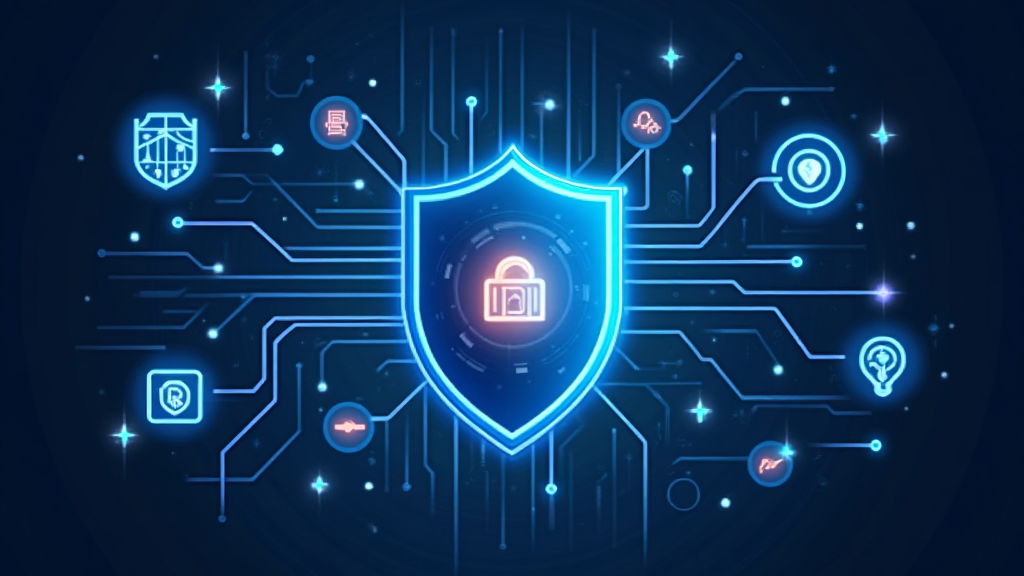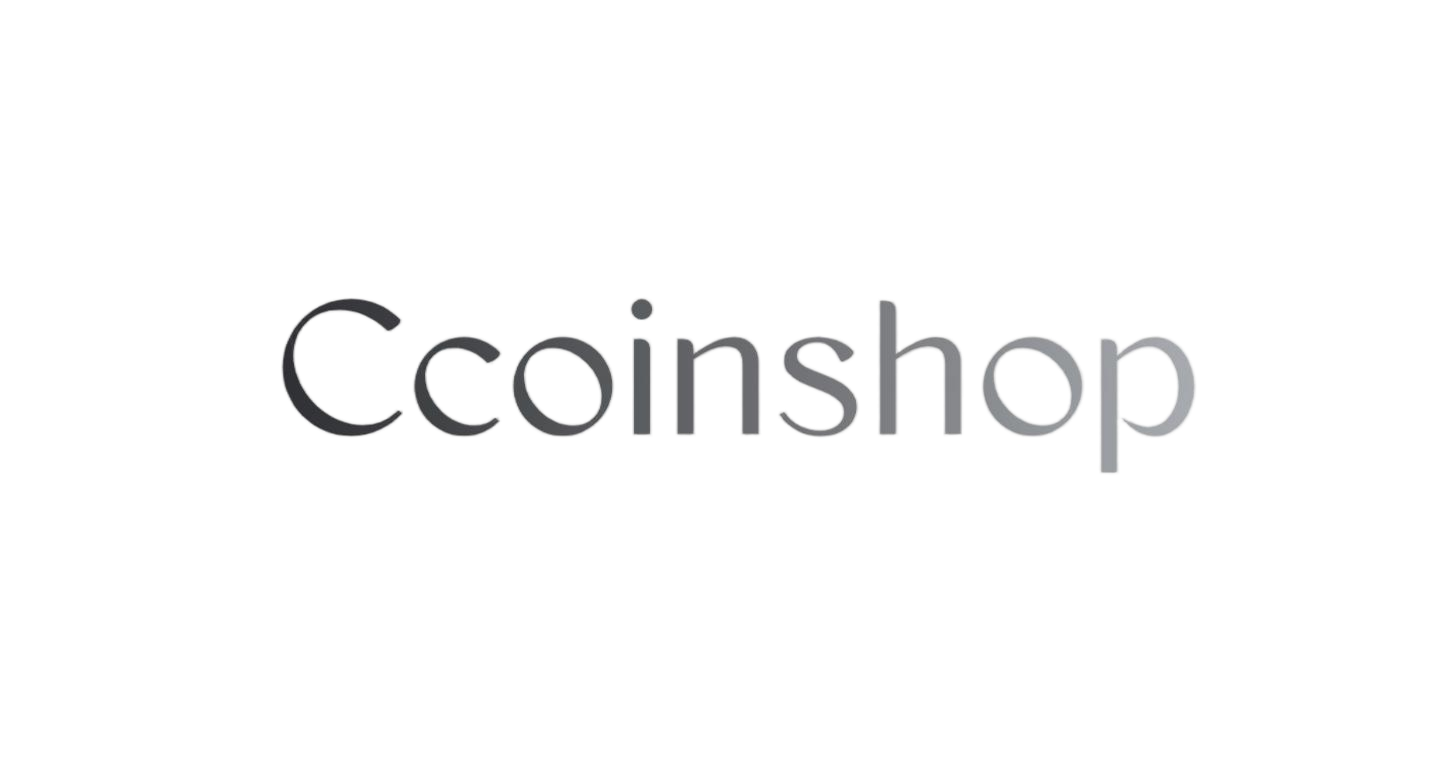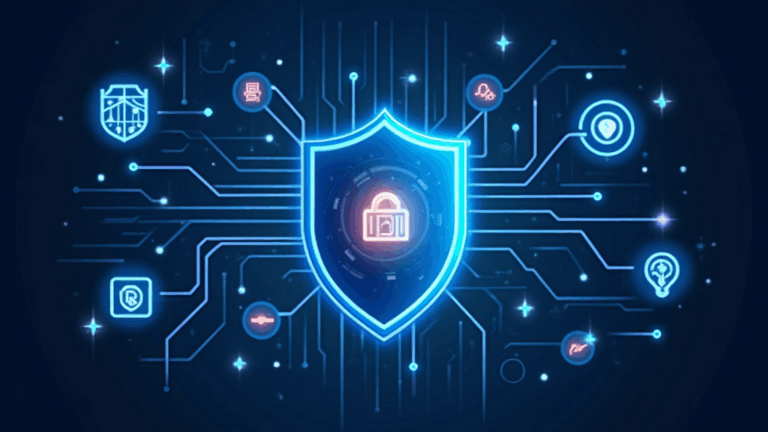2025 Blockchain Security Standards: A Comprehensive Guide for Digital Asset Protection
As the world increasingly embraces digital currencies, the importance of cybersecurity cannot be overstated. In Vietnam, where the crypto market is rapidly expanding, blockchain security is paramount. Did you know that in 2024 alone, DeFi hacks resulted in losses exceeding $4.1 billion globally? This alarming figure emphasizes the urgent need for better cybersecurity practices, especially in regions like Vietnam where cryptocurrency adoption is surging.
This article aims to provide a comprehensive overview of the best practices in blockchain security specifically tailored for the Vietnamese market. By understanding these standards, both investors and platforms can enhance their digital asset protection strategies. So, let’s dive in!
Understanding Vietnam’s Cryptocurrency Landscape
Vietnam’s cryptocurrency market is witnessing significant growth. According to a recent report, the number of cryptocurrency users in Vietnam increased by 300% from 2021 to 2023, with an expected growth rate of 35% annually through 2025. This rapid expansion creates numerous opportunities and, consequently, security challenges.

This surge in users correlates with an increase in cybersecurity threats within the blockchain domain. Vietnamese investors must understand the importance of adopting best practices to safeguard their assets from malicious attacks. This includes familiarizing themselves with terms like tiêu chuẩn an ninh blockchain, which translates to blockchain security standards.
Key Cybersecurity Challenges in Blockchain
To effectively secure digital assets, it’s crucial to identify the unique challenges faced by the blockchain technology. Some of these challenges include:
- Consensus Mechanism Vulnerabilities: Different consensus mechanisms, like Proof of Work and Proof of Stake, have unique security concerns. Attackers often exploit vulnerabilities in these systems.
- Smart Contract Exploits: Smart contracts are susceptible to bugs and exploits. A well-documented hack in 2022 involved a vulnerability that allowed malicious actors to drain funds from Ethereum-based projects.
- User Errors and Phishing Attacks: Many breaches result from users falling for phishing scams or making basic errors while handling private keys.
Implementing Best Practices for Secure Transactions
Like a bank vault that keeps money safe, your digital assets need secure systems in place to protect against attacks. Here are some of the best practices that can be adopted:
- Use Hardware Wallets: Devices like the Ledger Nano X can reduce hacks by 70%. These wallets store private keys offline, minimizing exposure to online threats.
- Periodic Security Audits: Regularly auditing smart contracts can identify vulnerabilities before they are exploited. Services like HIBT specialize in these audits.
- Educate Users: Awareness programs can help users identify phishing attempts and avoid common pitfalls.
The Role of Regulations and Compliance in Cybersecurity
One of the critical aspects of ensuring cybersecurity in Vietnam is understanding local regulations surrounding blockchain technology. As the crypto environment evolves, so do the compliance standards. Regulations often guide platforms on maintaining cybersecurity protocols, thus fostering trust among users.
For instance, compliance with the Vietnam Cybersecurity Law requires organizations dealing with cryptocurrencies to implement robust security measures. Failure to comply can lead to hefty fines and loss of user trust.
Future Outlook: 2025 Cybersecurity Trends in Vietnam
As we look towards 2025, several trends are likely to shape the landscape of cryptocurrency security in Vietnam:
- Increased Use of AI in Cybersecurity: We can expect a surge in AI-based security solutions that proactively address vulnerabilities.
- Growth in Decentralized Security Solutions: New decentralized self-sovereign identity solutions will enhance privacy and security measures for users.
- Stricter Regulatory Frameworks: Governments will likely impose stricter regulations requiring platforms to adhere to higher security standards.
As the market evolves, platforms must stay ahead of these trends to ensure the highest level of security.
Effective Strategies for Vietnamese Crypto Investors
Here are actionable steps for Vietnamese investors to protect their digital assets in the evolving landscape of cryptocurrency:
- Stay Informed: Constantly monitor updates on cybersecurity trends and regulations relevant to your investments.
- Utilize Multi-Sig Wallets: Multi-signature wallets require multiple private keys for transactions, adding an extra layer of security.
- Back Up Data: Regular data backups can mitigate the damage from ransomware attacks.
By implementing these strategies, investors can significantly bolster their asset protection.
Conclusion: Embracing Blockchain Security Practices in Vietnam
Cryptocurrency remains a frontier for innovative financial technologies, but with it comes the responsibility of ensuring its security. In 2025, as the Vietnamese market continues to grow, embracing HIBT Vietnam cybersecurity best practices will be essential for safeguarding digital assets.
Investors and platforms alike must adapt to an evolving landscape by conducting regular security audits, educating users, and staying compliant with local regulations. By fostering a culture of cybersecurity awareness and practice, Vietnam can ensure a secure environment for cryptocurrency trading and investment.
Remember, securing your digital assets is not just about technology; it’s about building a community ready to embrace the future responsibly.
For more insight on cryptocurrency regulations and tax implications in Vietnam, check out our comprehensive guides at ccoinshop.
About the Author: John Doe, a cybersecurity expert with over 15 published articles on blockchain technology and over 10 projects audited, shares his insights on the importance of blockchain security standards.





